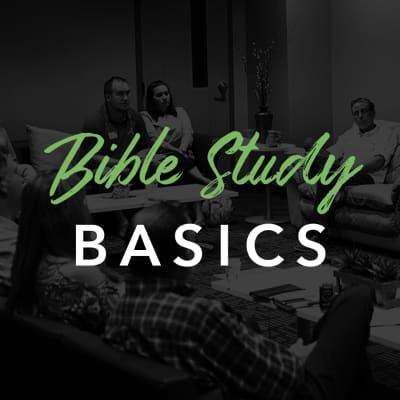
Bible Study Basics
"Forming and Following An Evangelical Worldview"
Beginning Wednesday evening at 7 pm on January 15, 2025, we will begin an eight-week study in which we will explore how to develop and employ an evangelical worldview as understood through the Bible's grand narrative of creation, fall, redemption, and restoration to assess both contemporary cultural issues as well as matters of the heart. Through this approach, we can begin to discern the difference between cultural norms and timeless truths so that we can be salt and light in our homes, workplaces, and communities. This study will be led by Clayton Allen.
The term "evangelical" is used both by Christians and non-Christians in our society today to label certain people, ideologies, and movements. The culture at large understands evangelicals as having a certain worldview shaped by a particular set of beliefs and practices that far too often misrepresents the true gospel of Jesus Christ. Evangelicals are routinely defined in the media by our stances on various political issues, such as abortion, guns, immigration, environment, etc., rather than the heart of the Gospel. Yet, as evangelical Christians, we can and should consider every issue, whether it be of primary or secondary importance, through a gospel-lens. If someone were to ask you to explain what it means to be an evangelical Christian, could you explain it simply and accurately? Also, if a friend or companion asked you how you determine what is right or wrong, could you effectively use the Bible's grand narrative of creation, fall, redemption, and new creation to explain why you believe something to be good or bad, right or wrong, wise or unwise? If you lack the confidence or ability to apply the Bible appropriately to the moral and ethical challenges we face everyday in our multicultural environment, this study might be a great starting point for you to gain insight into how to make choices in line with gospel truth!
Forming a gospel-centered worldview that is consistent with biblical truth requires that we know how to read and articulate the grand narrative of Scripture that reaches its climax in the gospel of Jesus Christ. In so doing we can with conviction live out of a true evangelical Christian framework as well as discern the wisdom or folly coming from the competing worldviews in our society.